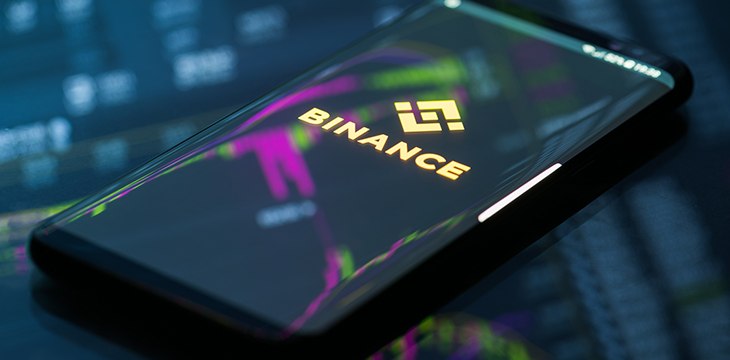|
Getting your Trinity Audio player ready...
|
In a move that surprised many in the crypto space, cryptocurrency exchange Binance has frozen account funds of one of its traders after he attempted to withdraw tokens into a privacy wallet.
A Twitter user under the name of @Catxolotl posted about Binance Singapore staff investigating the withdrawal of an undisclosed amount of Bitcoin, after the transactor made use of CoinJoin. CoinJoin, part of the privacy-focused wallet Wasabi, is a method that allows multiple Bitcoin payments to combine into a single transaction. This service ensures outside parties would not be able to determine the details of the financial transaction to keep the anonymity of senders and receivers.
https://twitter.com/bittlecat/status/1207621591820951552
Binance said they do not condone the use of CoinJoin in their platform. The Binance branch in Singapore operates under a strict set of rules which they follow to comply with requirements set by MAS and Xfers. The user, who posted about the incident on twitter, had failed to follow the rules set, and thus triggered the investigation as part of Binance’s risk control protocol. Binance CEO and founder Changpeng Zhao wrote a lengthy blog post addressing the issue and explaining Binance was following Singaporean regulations.
It’s unknown what the transaction was for, although.
The frozen Bitcoin was returned to the user after he ‘promised’ to refrain from using methods such as CoinJoin again. @Catxolotl also had to submit to a KYC/AML check where the cryptocurrency exchange requested personal information. His situation sparked a debate amongst Twitter users and privacy advocates regarding the issue of using privacy-enhancing methods in transactions. Several social media users expressed concerns about how much information Binance collects about its traders, and how it’s able to determines which wallets are used for bitcoin withdrawals.
“I’m very concerned that Binance knew I was sending to wasabi, when all I input was a bc1 address, nothing more,” Catxolotl noted on Twitter.
Other parties also joined in on the debate. Wasabi and CoinJoin had tweeted about the controversy as well. In response, the creator of BTCPay, Nicolas Dorier, tweeted about how the use of any privacy-enhancing methods would result in similar consequences.

 02-18-2026
02-18-2026 




